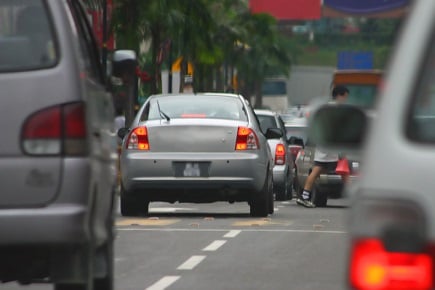Nobody wants to be stranded following a vehicular accident, especially now as an experiment shows not many people would be willing to help out.
According to Opinium research released by Direct Line Car Insurance, just 9% of drivers claimed they would always help a stranded motorist following an accident.
However, a two-hour road safety experiment conducted by the insurer showed that the reality is even worse. Ninety four per cent (94%) ignored an elderly woman even amid attempts to attract attention. The social experiment took place on the A264 in Surrey where actors posed as stranded drivers with a “clearly undriveable” vehicle, to see whether passing motorists would stop to help.
Direct Line said 247 vehicles passed the actors during the experiment – only 10 stopped to provide assistance, with only 3% doing so for a man with a toddler. The supposedly damaged car was positioned close to a layby, where it would be safe to pull over.
“While we all like to convince ourselves we would put others first, act unselfishly and assist others, in a real life situation it is far less clear cut. This is because when faced with reality we have to weigh up all the factors and often have to do so very quickly,” said psychologist Gladeana McMahon.
For those who have driven past a stranded motorist in the last two years, here are the numbers:
- 12% feel they don’t have the skills to help
- 9% assume that everyone has a mobile phone and can get assistance on their own
- 6% were concerned for their own safety
- 6% didn’t stop because there wasn’t a safe place to pull over
On the other side of the road, 37% said they would refuse to accept a lift from someone they didn’t know – because of the idea of ‘stranger-danger’ – if they were left stranded after a vehicular accident. Also, 21% of drivers wouldn’t accept assistance from a stranger.
Related stories:
Accountants worst drivers in the UK, says auto insurer
Driverless cars to cut auto insurance premiums by 63%


